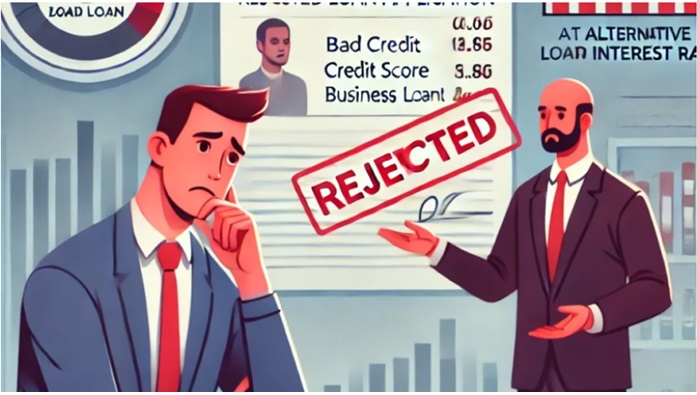Finding a mortgage with bad credit in Canada is challenging but not impossible. Lenders consider more than just credit scores, including income, employment history, and down payment size. Borrowers with poor credit can still secure a mortgage by working with specialized lenders or through alternative financing options.
Credit issues often lead to higher interest rates and stricter terms, which makes it important to understand the available choices. Knowing how the mortgage process works for those with bad credit helps borrowers make informed decisions.
This article explores practical steps and options available for Canadians seeking mortgages with less-than-perfect credit, aiming to clarify what is realistic and achievable.
Understanding Bad Credit Mortgage Options in Canada
Bad Credit Mortgage Canada options come with specific criteria, varied loan types, and lender evaluations that impact rates and approval chances. Credit scores influence terms, but alternative lending options exist to help those with credit challenges.
What Qualifies as Bad Credit in Canada
In Canada, a credit score below 600 is generally considered poor or bad. Scores between 300 and 599 fall into this category, indicating a higher risk of missed or late payments.
Other factors include recent bankruptcies, collections, or significant debt relative to income. These elements can lower the credit score and signal financial instability.
Lenders may also review credit history length and recent credit inquiries. A short credit history or multiple hard inquiries can contribute to a bad credit designation.
Types of Bad Credit Mortgages Available
Bad credit mortgages are mostly offered through alternative or private lenders rather than traditional banks. These loans may have higher interest rates and shorter terms.
Two common types:
- Alternative Mortgages: Provided by non-bank lenders, often require larger down payments.
- Private Mortgages: Funded by individuals or companies, usually with flexible criteria but higher costs.
Some lenders specialize in second-chance mortgages designed specifically for borrowers with poor credit. These often involve stricter conditions but provide access to home financing.
How Lenders Assess Creditworthiness
Lenders evaluate creditworthiness using credit scores, debt-to-income ratios, and employment stability. Each factor helps estimate the borrower’s ability to repay.
Verification of income and assets is crucial, especially for bad credit applicants. Lenders might require recent pay stubs, tax returns, or bank statements.
Collateral, such as the property being purchased, plays a significant role. The higher the equity or down payment, the better the chances of approval despite bad credit.
Impact of Credit Score on Mortgage Rates
A low credit score typically results in higher mortgage interest rates. Lenders compensate for increased risk by charging more, which raises monthly payments.
Bad credit borrowers can expect rates to be 1-3% higher than those with good credit. This difference can amount to thousands of dollars over the loan term.
Improving credit scores before applying can reduce interest rates significantly. Down payments above 20% can also help secure better rates despite a poor score.
Applying for a Bad Credit Mortgage in Canada
Applicants with bad credit must focus on organization, providing accurate information, and demonstrating financial stability to improve mortgage approval chances. Preparation involves gathering specific documents, understanding lender requirements, and presenting a strong application.
Steps to Prepare Your Application
He or she should first check their credit report and address any errors. Understanding the credit score range is crucial, as most lenders require a minimum score, often around 600. Next, a realistic budget including down payment and monthly payments should be established.
Contacting mortgage brokers familiar with bad credit loans helps identify suitable lenders. Pre-approval is recommended to assess borrowing limits early. Lastly, gathering proof of income and reducing outstanding debts before application submission enhances credibility.
Required Documentation
Applicants need to provide proof of income such as recent pay stubs, tax returns, or employment letters. Credit history reports from Equifax or TransUnion are often required to verify credit status.
Documents that show current debts, including loan statements and credit card balances, are necessary. Identification, such as a driver’s license or passport, must be included. For self-employed individuals, financial statements and business tax returns are mandatory.
Lenders may also request proof of down payment funds to confirm financial readiness. Accurate and complete documents reduce delays and increase approval chances.
Tips to Improve Approval Chances
He or she should aim to reduce outstanding debts before applying. A higher down payment, ideally over 10% of the property value, is strongly advised to lower lender risk.
Consistent income and employment history increase trustworthiness. Applying through a specialized mortgage broker can access lenders more open to bad credit cases. Additionally, avoiding new credit inquiries or large purchases before the application helps maintain credit stability.
Being transparent about financial issues and providing explanations can sometimes influence lender decisions positively.


